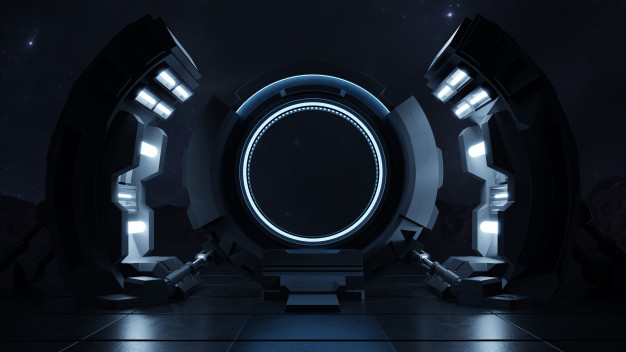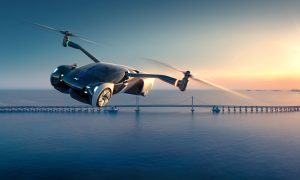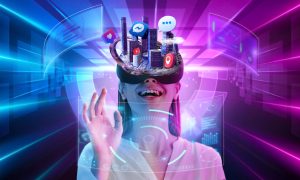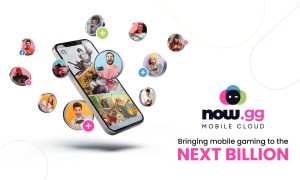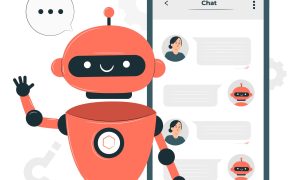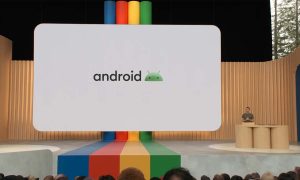Machines are one of the greatest inventions of humanity. Since technology and the industrial revolution is a world of design, it is continually evolving. Machines replacing humans have become nothing but a facility making most of the time. But it doesn’t provide a 100% reliability in specific sectors. Such is a similar case in the translation industry. The translation is one of the practical tools for communication in the business world.
Business, companies, and their customers interact in a common language (source or target language) and the standard way of getting things done is to hire a translation agency. However, in the past few years, machine translation created a sense of urgency and became famous. Over the long years, machine translation has evolved and well Keep Going.
Impact of Machine Translation over Human Translation
We say that machine translation is time-saving and efficient, but this drastic change in technology is not a foolproof methodology. However, machine translation has shown future opportunities for businesses to make a one-time investment. The question we need to ask is whether machine translation will replace human translation?
How efficient is machine translation? Which one is better; machine or human translation? True, the efficiency and quick speed is a nominal factor for machine translation. However, machine translation will not be able to replace human translation regardless of its efficiency.
Sounds skeptical? It’s not, let’s figure out the reasons for our theory;
Culture and Machines do not Get Along
Can a machine understand culture? There is no way a machine can understand the culture. Culture is not logical; it consists of ethics and values and is a word of unique lexical items that make every culture different. Machines cannot comprehend the cultural references, slogans, idioms, or jargon that vary from culture to culture. The lack of emotions is the most significant drawback, and this challenge cannot be overcome.
In some cultures, one word means something, while in the other culture, the word meaning would be entirely different. The difference in accents, tones, and intentions is not easy to understand. Understanding it all in a cultural context requires a deep understanding of one’s language and cultural values.
Machines cannot do that. Human translators have the desired knowledge and understanding of cultures and languages.
Unable to relate to Word Context
As discussed above, machine translation cannot relate the cultural terms or words with dual meanings. This is a significant problem with machine translation. Will this affect the translation accuracy? Yes, it will. Certain words need to be determined with their true meaning and sometimes in a rhetorical sense. For instance, if the phrase “crocodile tears” comes up in the translation, it is not being used in a literal sense, which machine translation will not be able to equip.
This will become tricky for a machine translation as it cannot relate in what context this phrase is being used. It will translate into a literal meaning only. Meanwhile, suppose a human translator translates the document from the source language to the target language. In that case, he/she will reciprocate with the audience and the phrase, translate it according to the target language.
Localization is a Game of the Human Mind.
Language is ever-evolving, each time you learn a language, you may have to face the difficulty as a learner to associate the new words that didn’t exist before. Machine translation cannot pick up the names at random. It only picks the information fed to the programs using necessary tools like translation memory or glossary. Every time a translator uses these tools, they add new words and phrases. But still, this is not enough.
As far as translation goes, it is doable, but localization cannot be done by machines at all. According to the cultural references, localization is the conversion of content from the source language to the target language. The change in colors, style of writing, graphic images, and so on are significant localization parts. Can a machine translation pick up another image to make it suitable for the translated content? Human translators are trained to notice such changes, proofread the documents, and align it according to the target culture.
Duplication is not Possible
Every document has a unique tone and style of writing. It could be poetry, or a fiction story, or even an academic book. Each document will have an outstanding narration; the use of words and phrases will be different from one and another. Machine translation doesn’t understand the difference in “tonal language.” It will translate the content into a literal context, and that’s about it.
On the other hand, human translators are subject matter experts. They are hired based on their expertise and knowledge relatable to the niche. They can match the tone and translate the content without replacing the original meaning of the context.
Some documents are argumentative; they require a thorough understanding of how the debate is focused on the topic. Machine translation does not understand the concept of “debate.” It also doesn’t capture the mood of the text, which is another constant challenge. This affects the accuracy of the translation.
A Machine cannot replace the Versatility of a Human Translator
This is true. The human mind is the most creative thing. We have designed the machines, working on the software and programming to make our work life more comfortable than before. It brings one point into highlight: machines are the greatest inventions of the human mind.
Machine translation may work faster, they may translate manuals (following a structured logic), but it is not suitable for all documents. Text is not only about conveying information. It also describes the emotion, humor, and poetry, etc. too, which a machine translation cannot depict.
Machine translations rely on artificial intelligence, which is still not fully developed. Although machine translation is becoming better than ever, you cannot trust 100% on it.
Conclusion
The translation is one of the fundamental tools to gain a strong foothold in a local market. To target an audience and create a demand for the product, you can hire a translation agency that best meets your needs and keeps right on its promises.

